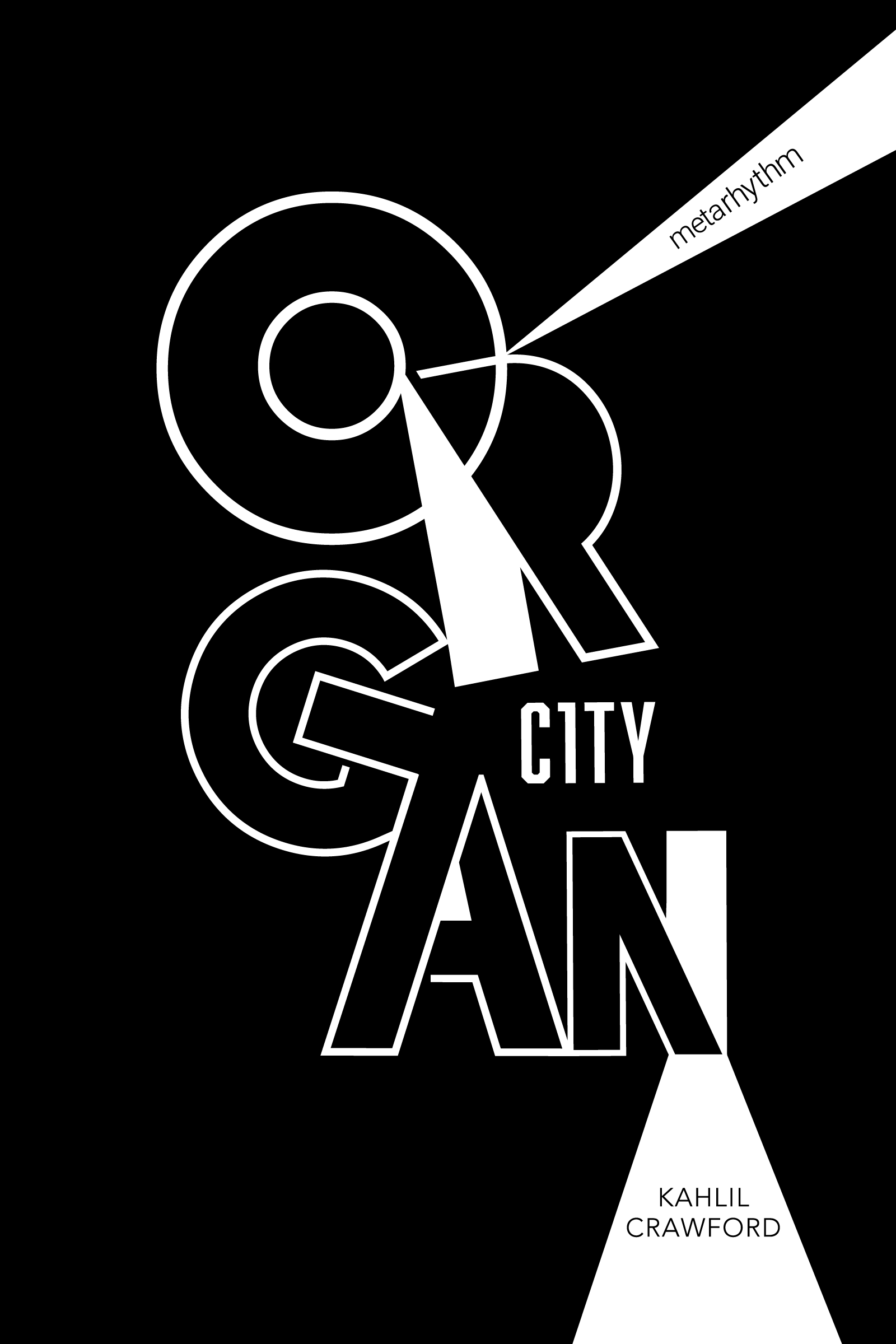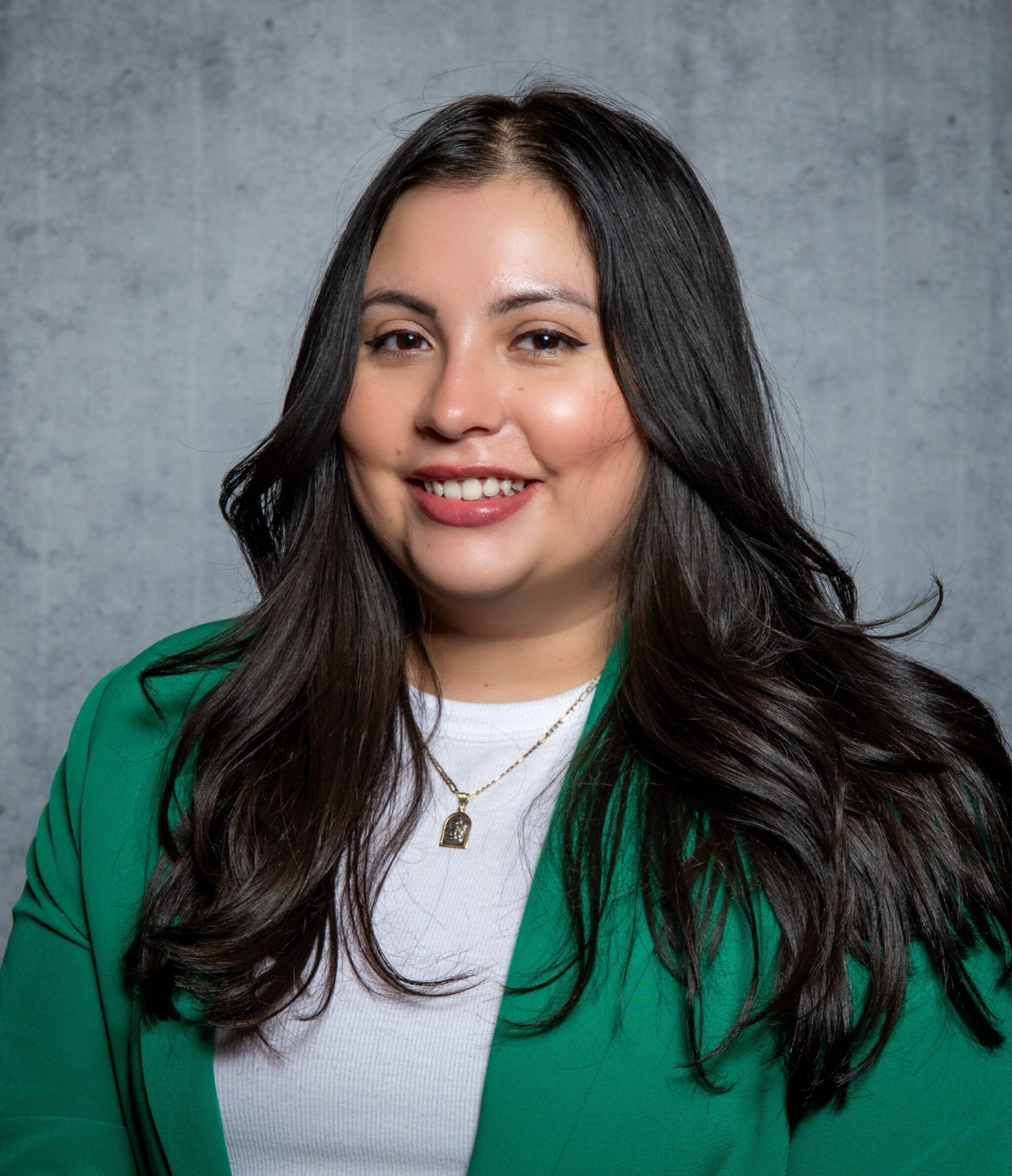For Kahlil, the Library has always played a signifcant role in his life. Learn how his journey has led to him being a Library supporter.
Author Kahlil Crawford has always had a passion for the visual arts, a knack for writing, and a deep love for literature. Who inspired him? Among many, his Mother, Kathryn Crawford, a retired Chicago Public School teacher, who helped pave the way for him to follow his dreams.
“Whenever Kahlil wanted or needed more information, the Library (and internet) were his go-to for research,” she says. “The Library would be a support system to catapult him in his growth and development and future literary pursuits.”
A proud advocate for public libraries such as the Roberto Clemente High School Library, Kahlil gives to Chicago Public Library in honor of Kathryn, fueling lifelong learning programs for Chicagoans of all ages. “I am so proud that Kahlil supports Chicago Public Library. It speaks to the values that resonate with me: investment, equity, social impact, and creativity, particularly for marginalized communities.”

Get to know more about Kahlil and the ways the Library shaped his professional journey!
What library story/memory are you most fond of?
My fondest Library memories include doing homework and reading periodicals at the Blackstone Branch – Chicago’s oldest branch. I particularly remember reading about Woodlawn’s Mae Jemison, the first Black female astronaut, in Chicago’s EBONY magazine. I also enjoyed visiting the South Shore Branch & the Harold Washington Library Center (HWLC). I once saw bell hooks give a lecture at HWLC—it was a powerful experience.
How did the library help amplify your creativity that eventually led you to your professional path?
Many of my grade school teachers exposed me to artists like Woodlawn’s Lorraine Hansberry and Nichelle Nichols, Langston Hughes, James Weldon Johnson, Nina Simone & Weldon Irvine.
Some of them grew up amidst those artists and had first-hand accounts that they applied to their lessons, which would sometimes require me to visit the library. As an adolescent, I would visit the Library to research the great artists of my era like Michael Jackson, Janet Jackson, and Prince. I suppose these early propensities led to my future literary pursuits & music journalism.
As an adult, I have frequented the library to research my historical and genealogical interests. This helped fill the gaps of knowledge that I did not obtain in my formal education.
What other influences did you have?
I remember growing up and watching my Grandmother play the piano, listen to classical music, and watch PBS. My Father was a trombonist during his youth. They were my earliest creative influences. Growing up in Hyde Park influenced me a lot, too. I was surrounded by a huge community of artists and intellectuals.
My Mother enrolled me in visual arts classes at the Old Town Art Center. She’s not an artist or creative herself, but she’s an educator. She always encouraged my passions and interests and always nudged me to follow my path. Also, she was always correcting my English, which really impacted my writing.

What came first, the art or the writing?
Visual arts because my Mother enrolled me in classes but growing up in the 80’s and 90’s, hip-hop was beginning to emerge and I started writing my own lyrics. I also created the Chicago Hip Hop Archive in 2008—I was always seen by many of my friends as somewhat of a “hip-hop librarian” due to my massive collection of cassettes, party flyers, and magazines.
My journey as a writer really began when I was about 16 and a sophomore in high school. When I was 18, writing became a way for me to heal. I joined writing communities that centered on healing and that helped me get on the path to becoming a performing poet, and later, a published poet and self-published author.
You wrote a book, “ØRGΛN C1TY,” that is a statement on music, culture, and dance—and underpinning that is the tension with capitalism. Where did that concept come from?
I would say the concept comes from the philosophy that music, electronic music particularly, is a means of envisioning a better future within urban environments. In Detroit, there’s a genre of music called Techno. Its premise is that technology has the power to rebuild cities that have been decapitated by urban decay, by political corruption, white flight, all the various sources of despair for urban environments.
Did the Library play a role in your writing process?
Big time. Along with revisiting the master works of Techno, I spent years doing library research throughout North America. The library is a source for items that can help you educate yourself. In my late 20’s I realized there were a lot of gaps in my education. It started with my last name, Crawford. I asked myself where it came from and what it meant. The questions I had about myself expanded into other communities and I learned a lot that I may not have if I didn’t seek the information on my own, which the Library helped me do.
What does the Library mean to you? Why is it so important for you to give back to the Library?
The Library is a part of my utopian vision for Midwest, national and global urbanity. This goes back to Techno—the whole idea is to utilize futuristic concepts to build positive technology and rebuild our urban environments in a way that elevates children, lower-income people, and minorities. We want to create or construct sources that are conducive to our development and don’t deter us. I feel like the Library is just that. It’s an equalizer. No matter your age, your race, or your socioeconomic background, you can go there to learn how to advance your life.
Why is it important to honor your mother by giving to the library?
I see my mother as possessing two of the shoulders that our “City of Big Shoulders” rests upon. She dedicated over 30 years of her life to educating children and families in K-Town. She could have taught anywhere but she really believed in helping them.
We, as Chicagoans, are quick to uphold our famous denizens, yet overlook our most critical contributors in the process. For every famous politician and pop star, there exists droves of Chicago mothers and educators that blazed their trail. It’s time for them to shine.
Thanks for being part of the Library Foundation community, Kahlil! Join us in powering Chicago Public Library and providing critical access to lifelong learning programs by becoming a monthly donor.


